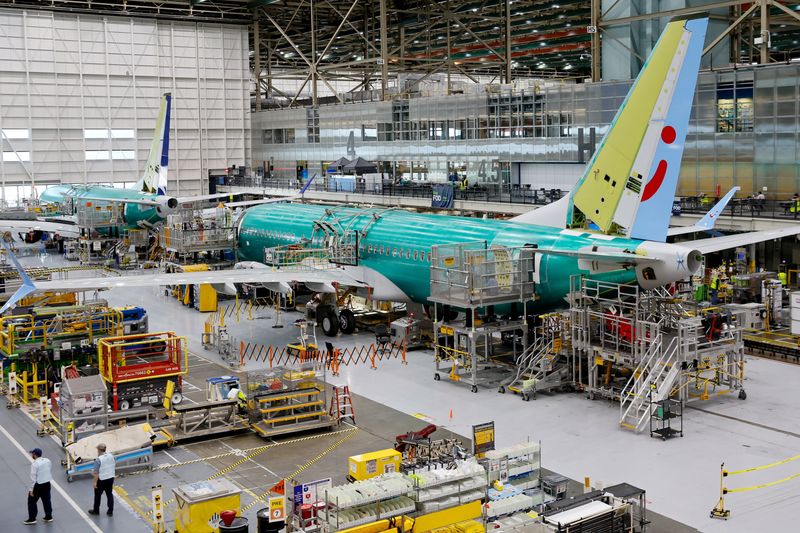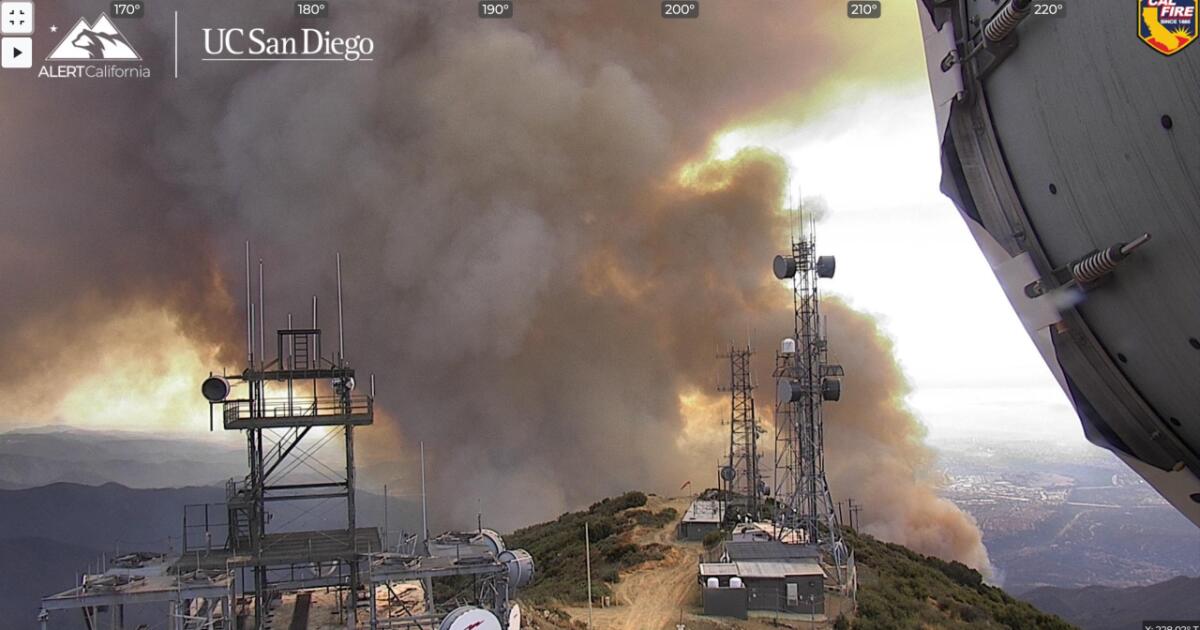The US Department of Justice accused Google of running a massive ad tech monopoly that cut off potential rivals and drove up costs for publishers and advertisers in an attempt to maximise profits, as the latest antitrust trial against Big Tech got under way on Monday.
“No one wins” — except Google, a lawyer for the DoJ, Julia Tarver Wood, said during her opening statement in a federal court in Virginia.
The trial comes just weeks after a judge in Washington issued a landmark verdict in another DoJ antitrust case against Google, finding it had monopolised the market for online search. A decision on how to punish Google is expected next year.
Both cases are part of a growing push to rein in the power of Big Tech by antitrust enforcers in Washington, who have brought sweeping cases challenging the market power of the likes of Amazon, Meta and Apple.
The government’s current case against Google strikes at the heart of the lucrative business to display online ads such as the ones at the top or side of a screen. The DoJ, along with 17 states, argued in the lawsuit that Google dominates that business — from publishers that sell ads to the advertisers that create them — and the platform that matches the two sides.
The DoJ said Google’s cut can be 37 cents of every advertising dollar when it matches buyers and sellers, and said it controls a roughly 90 per cent share of the markets for ad servers and advertiser networks worldwide.
Google has argued in response that it does not have a monopoly and instead offers a superior product in a highly competitive market. Karen Dunn, who represented Google, said the company has transformed the ad tech market, competes “millisecond by millisecond” for every ad impression against an array of other companies, and “grew the pie” for all businesses in the sector over the past two decades through its innovation.
Dunn repeatedly charged that the government did not understand the business — and it cannot compel the company to give its tech to competitors. The government’s case against Google is based on analysis “that is not commercial reality” and “made up” for the purpose of litigation, she said.
She said Google would offer as witnesses the company’s engineers and designers, as well as government officials at the US Census and US military veterans, who used Google for recruitment and suicide prevention advertising.
Ultimately, Dunn argued it was not publishers, advertisers or customers who would benefit if Google lost, but the tech giant’s major competitors who have gained market share: Microsoft, Amazon, Meta and TikTok. She added the case was also backwards-looking, given the rapidly evolving nature of artificial intelligence.
The US government was looking “through the lens of ancient history”, said Dunn, a partner at Paul Weiss. She was also expected to help Democratic vice-president and presidential candidate Kamala Harris prepare for Tuesday’s presidential debate.
US District Judge Leonie Brinkema, 80, who was appointed to the bench by then-president Bill Clinton, will decide the case after the conclusion of the trial, which is expected to last for several weeks.
Additional reporting by Stephen Morris and Stefania Palma























































